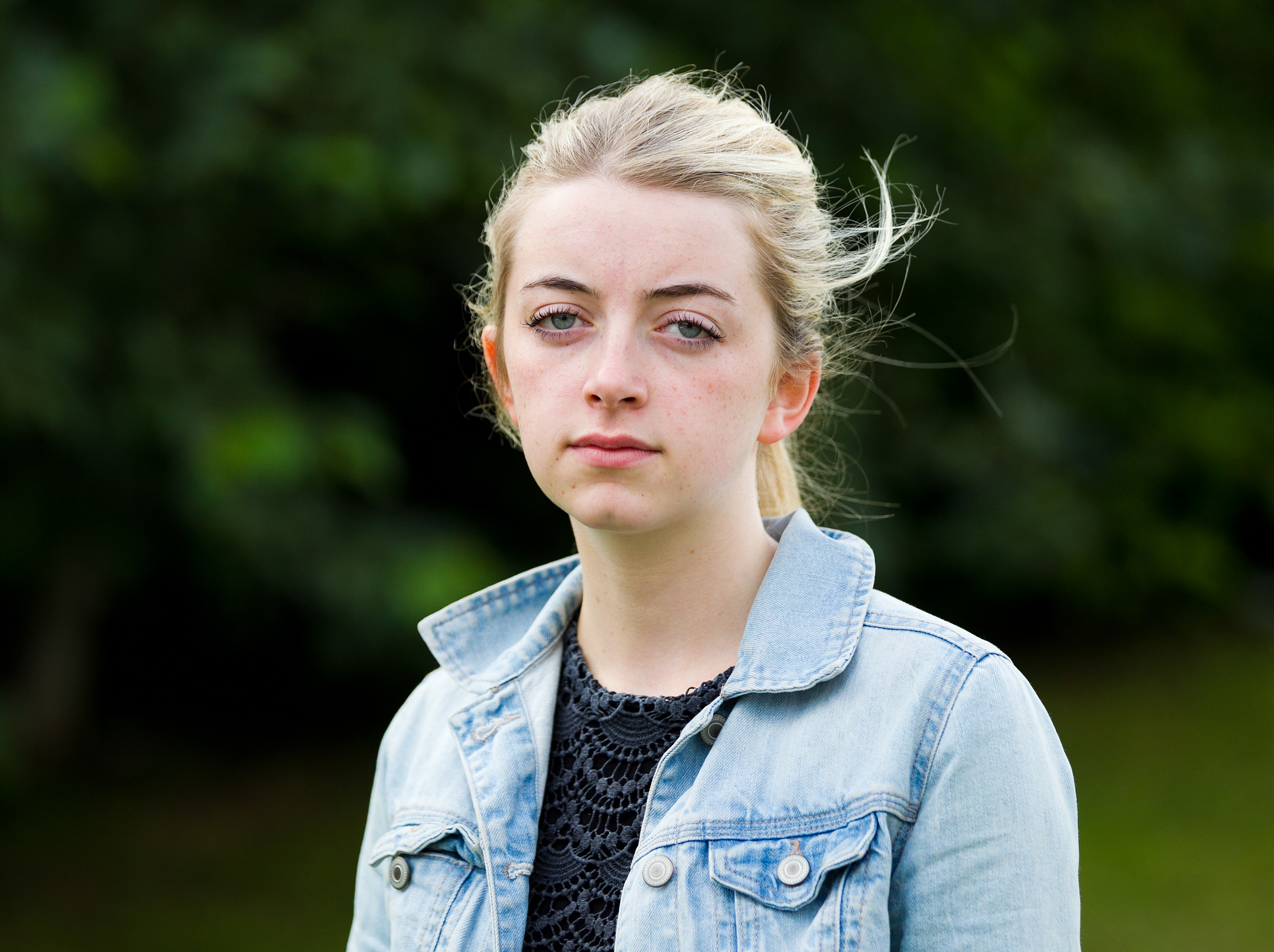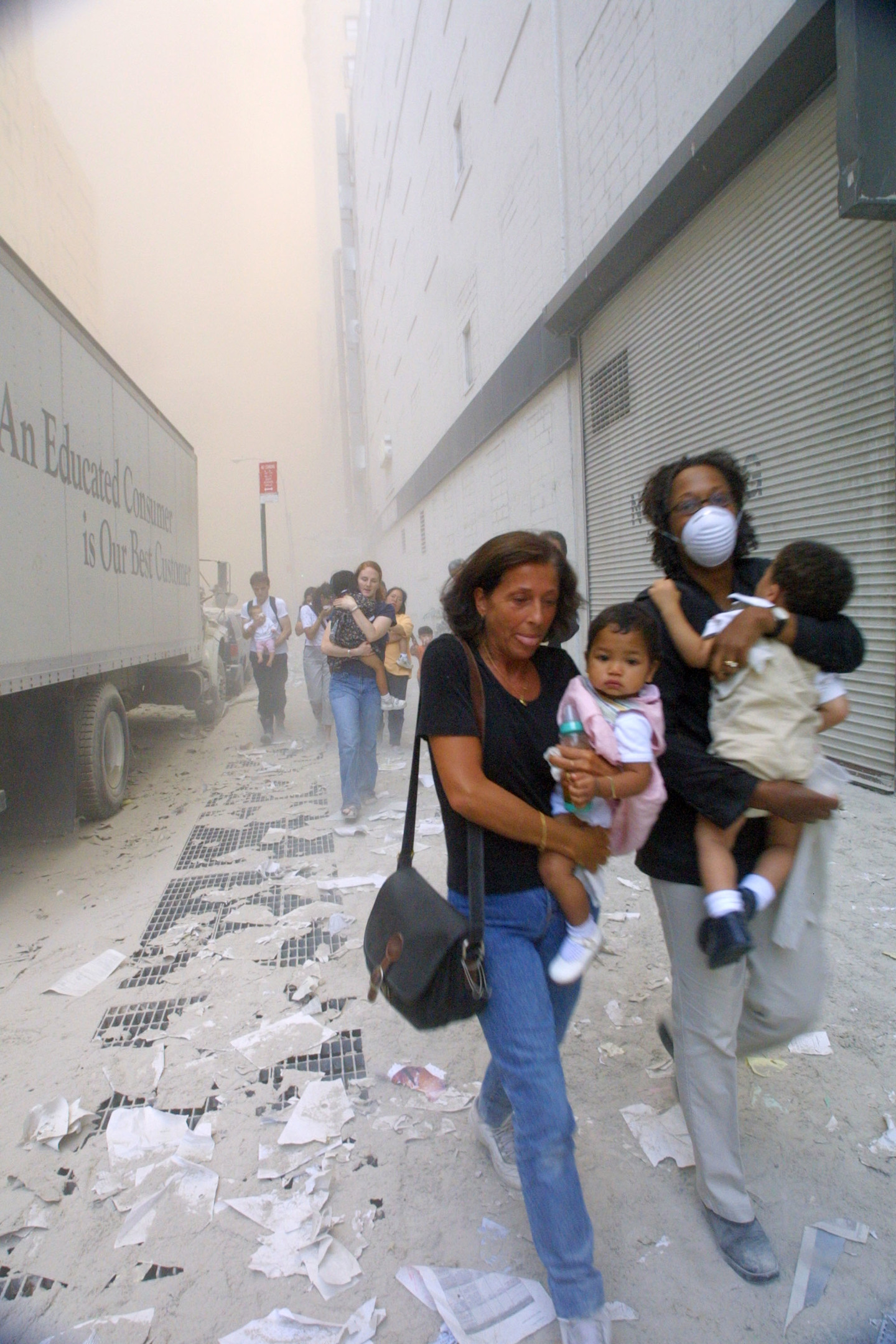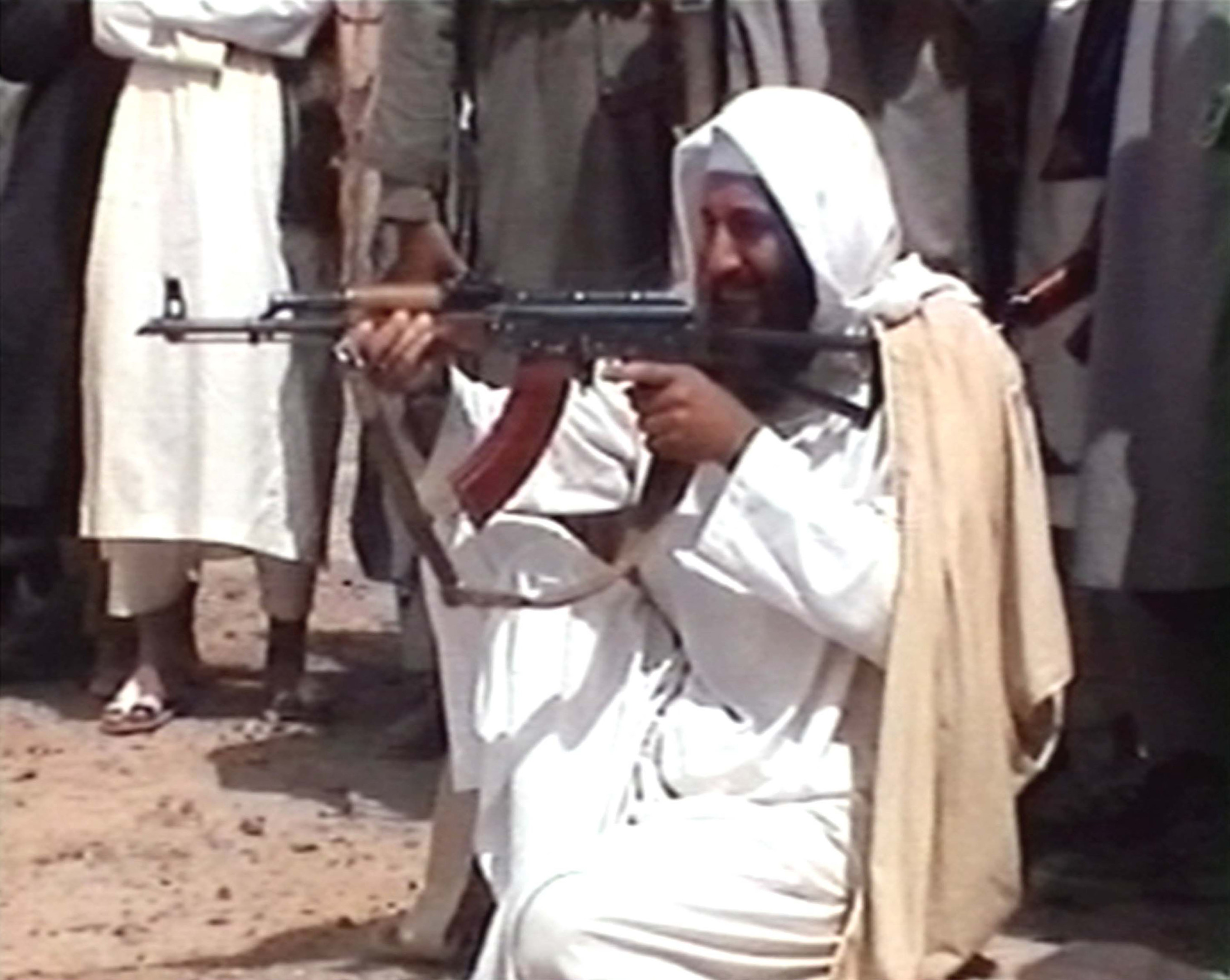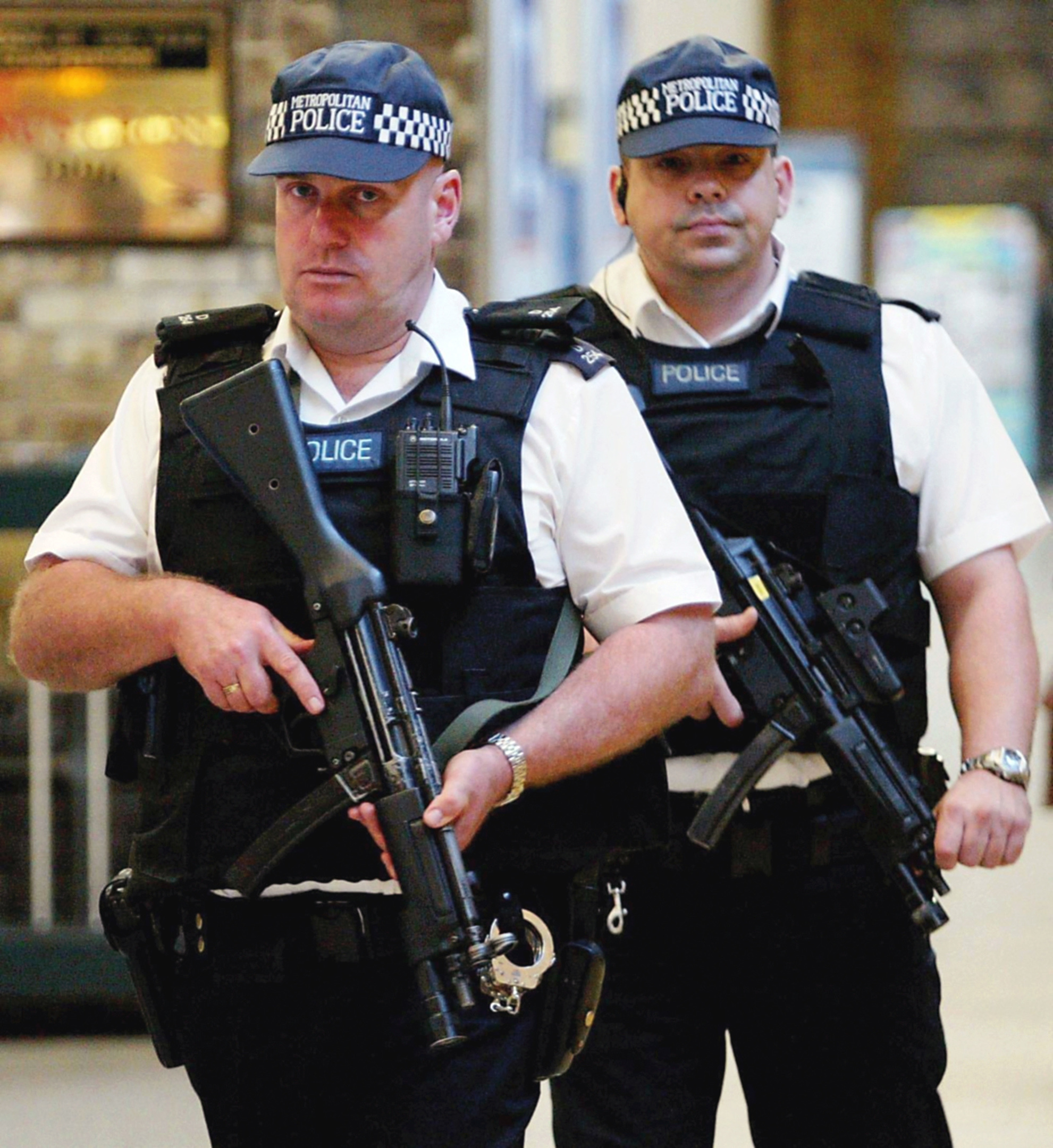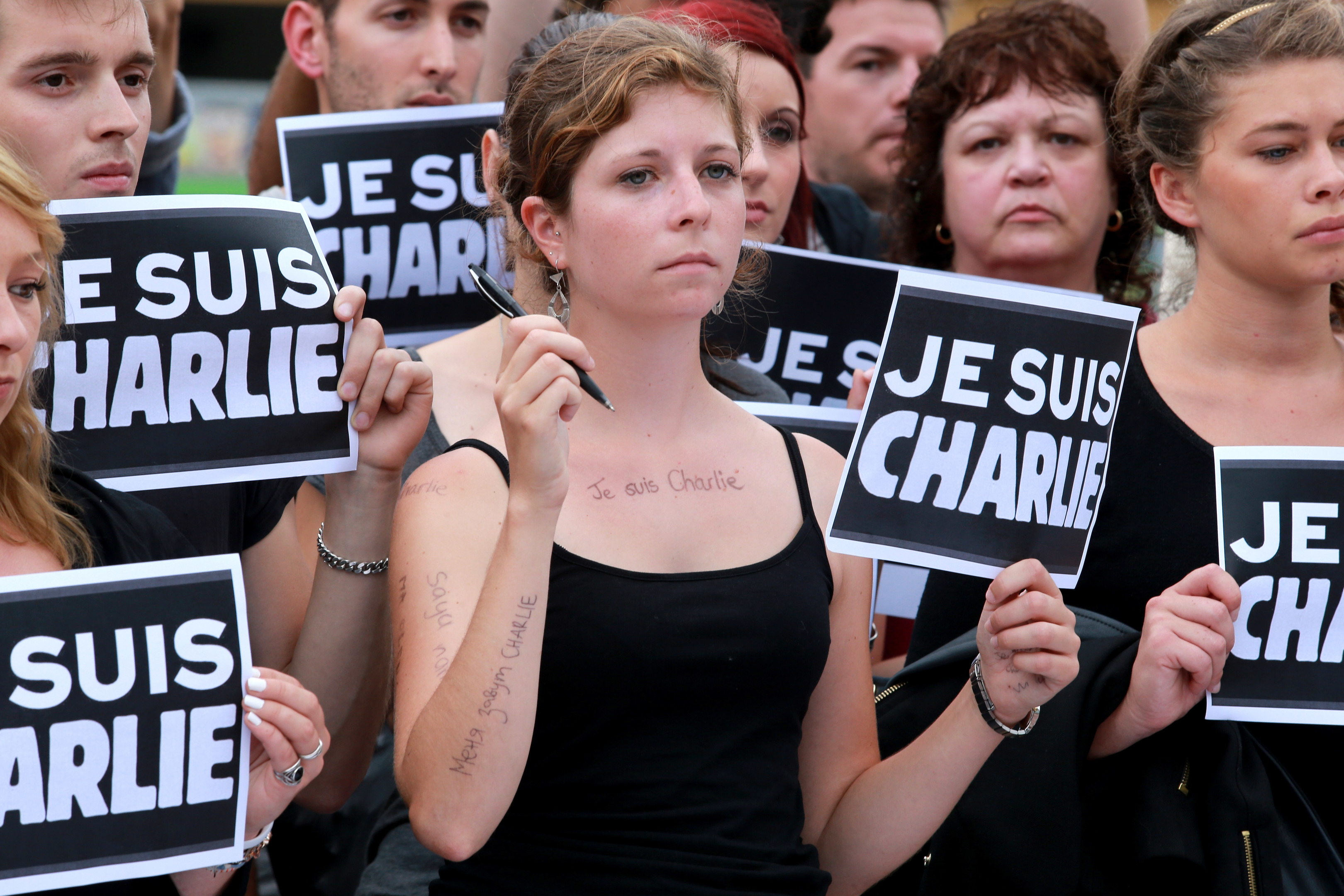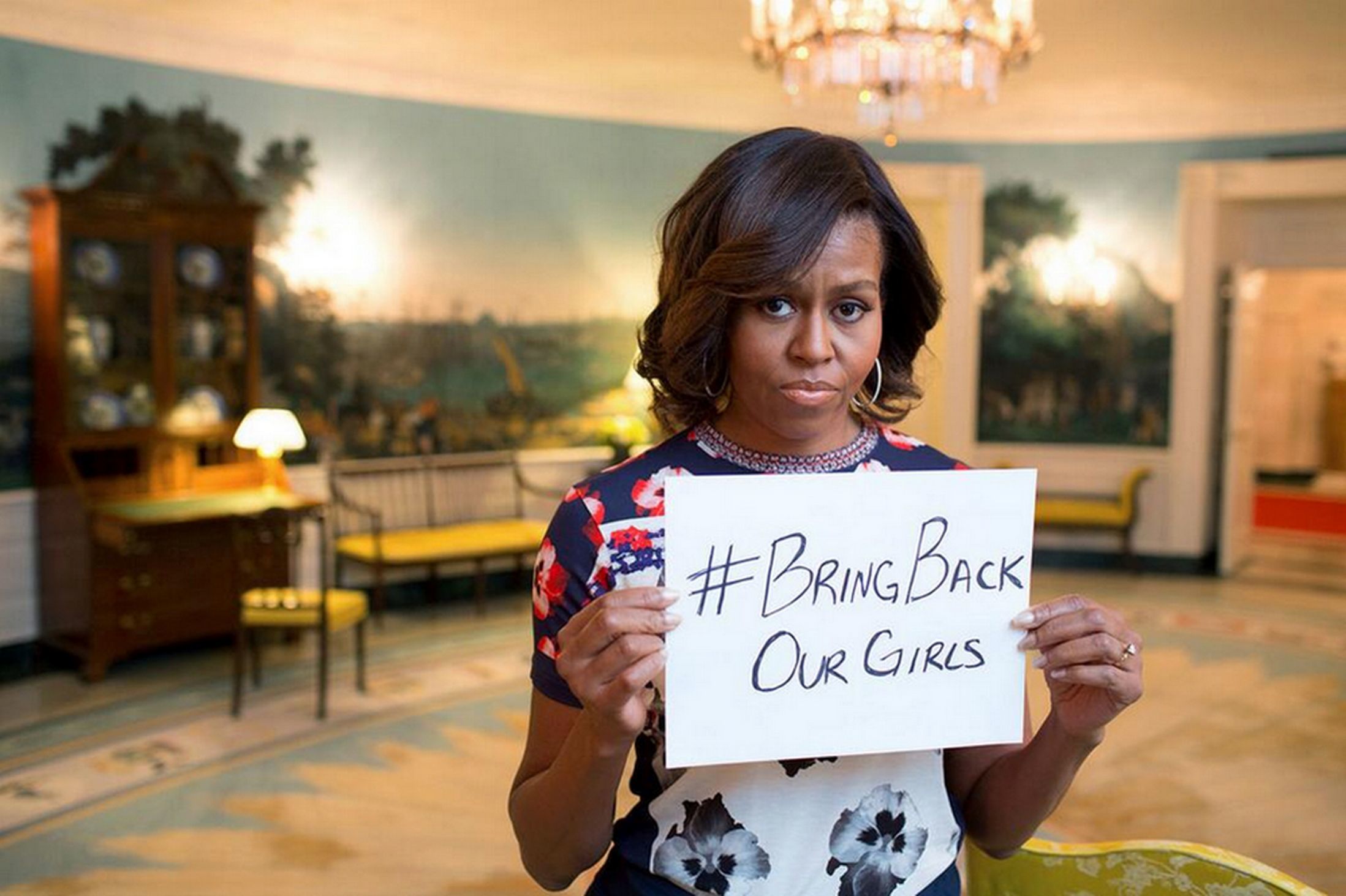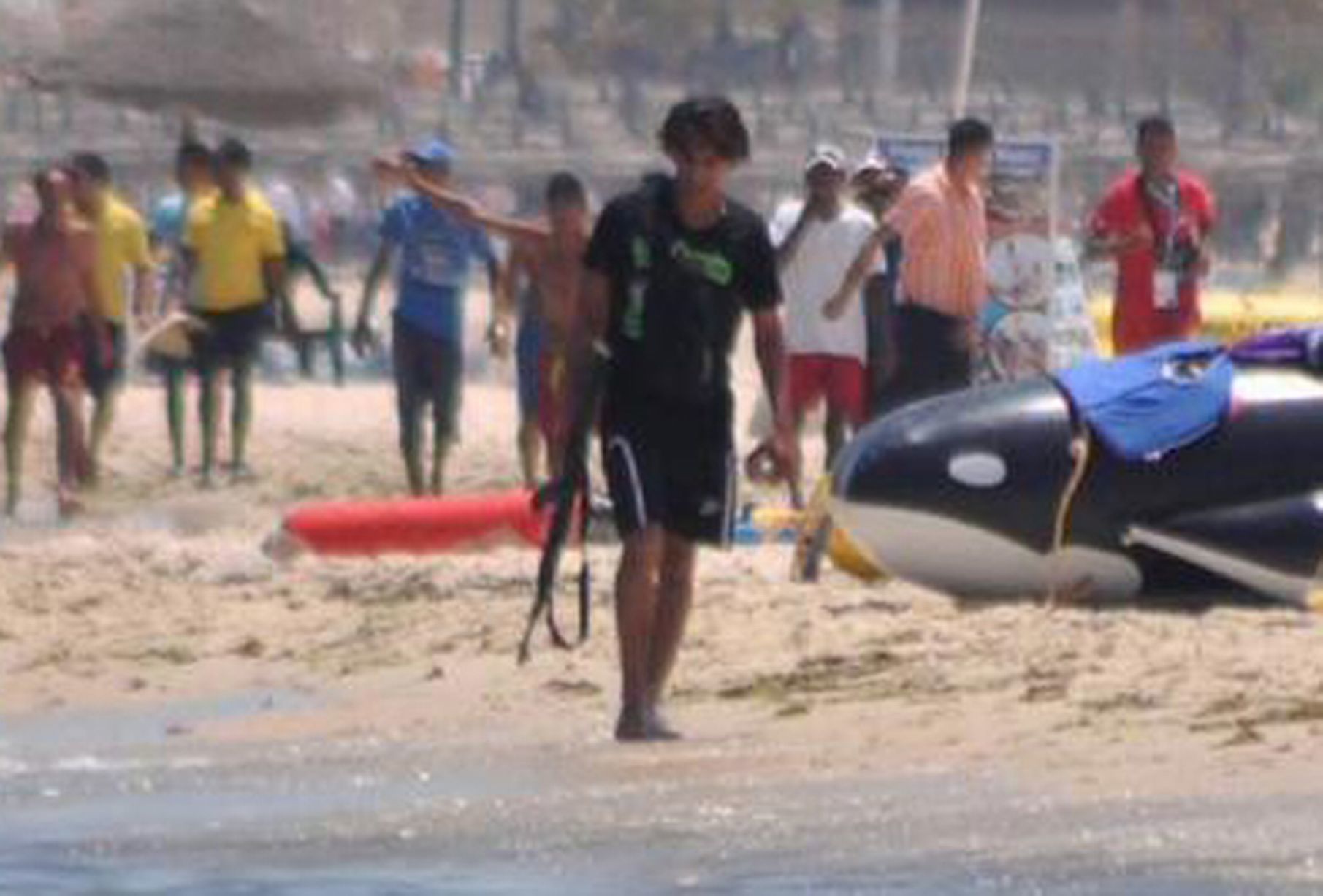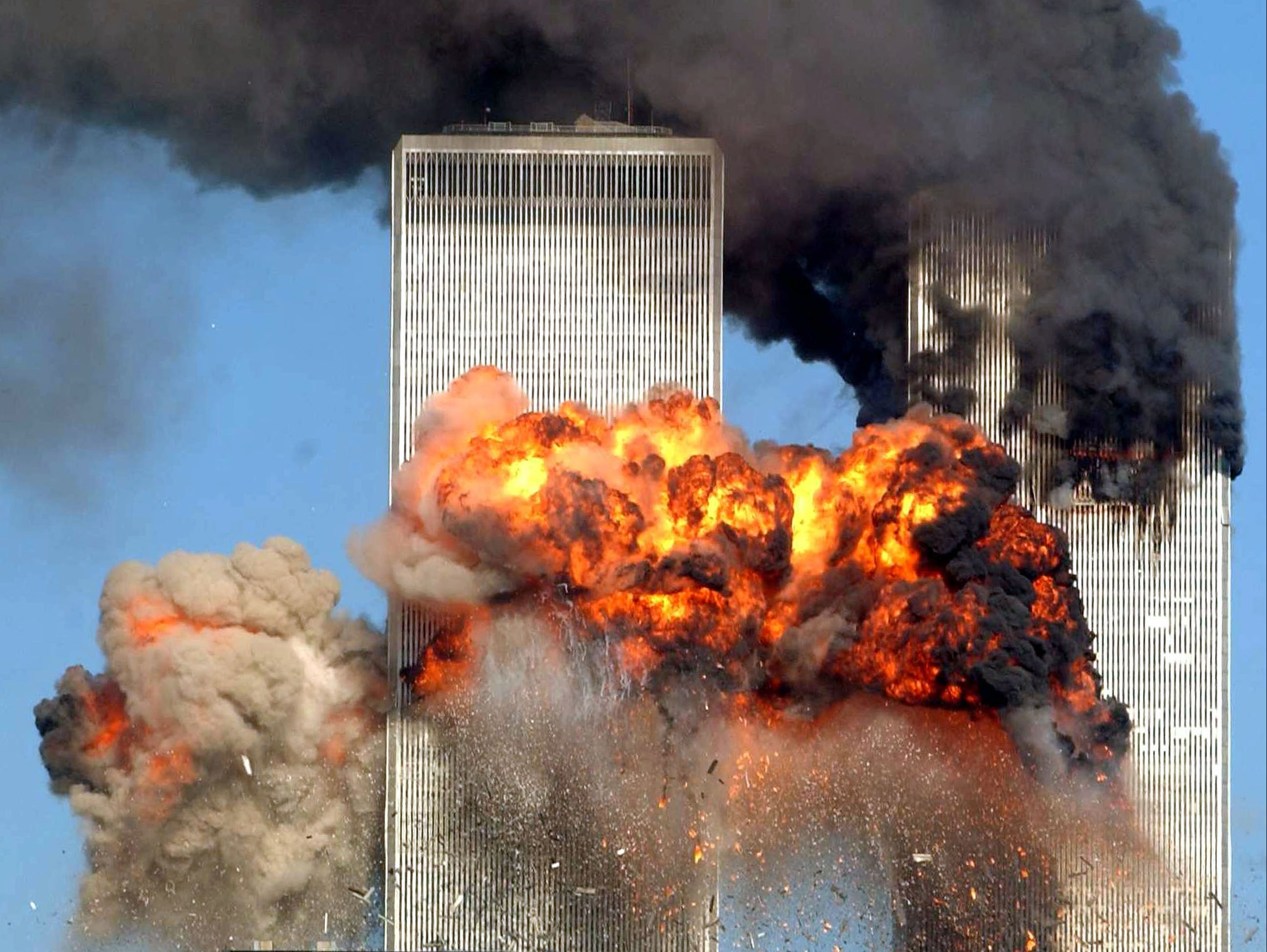
When news broke last week of a knife attack in London, the usual worries surfaced. Was it terrorism? Are we safe?
As the country learns to deal with this new, almost daily reality, adults find comfort in memories of simpler times and the hope they will return.
But what if you are young, and have never known any different?
Student Alex Burns, 21, explains what it’s like to grow up in the shadow of fear.
One afternoon, aged five, I skipped out of my Primary 1 class to where my dad was waiting for me.
He looked worried. As if something bad had happened.
“Two planes have crashed into two buildings in New York,” he explained to me gently. “Lots of people are hurt.”
He switched on the TV as soon as we got home and our living room was lit up by images of fire, smoke and tumbling buildings.
The date was September 11, 2001.
Perhaps thankfully, I was too little to comprehend what I was seeing, but that event set the tone for my childhood, and that of countless others my age.
It wasn’t until I was older that I fully understood the enormous, horrifying impact of what happened that day, but ever since then terrifying global events have been my constant companion.
You see, I belong to Generation Terror.
We’re the first to have grown up with social media. While it has many benefits, it also makes it harder to ‘switch off’, with real-time updates of terrorist violence making it feel like we are living through attack after attack.
It’s a seemingly endless onslaught.
Previous generations, no doubt, could be protected simply by switching the telly off.
But today’s teenagers and 20-somethings live in a rapidly shrinking world where the full horror of what’s happening in the outskirts of Aleppo, or in an American shopping mall where someone is running amok are played out in real time on smart phones and tablets.
What’s the end product of living in Generation Terror? In short, anxiety.
Up to one in six young people will experience an anxiety condition in their lifetime, according to a recent UK study, and the overload of distressing news stories we experience is definitely connected to this.
I have always been brought up with the news around me and in some ways I feel I know too much about terror for the age I am.
Yet living in a bubble isn’t the answer either, and using the internet to find good quality information can help you understand why these events might be happening and how safe we actually are compared to many other countries.
For many young people, however, it may not always feel like that.
I vividly remember back in July 2005, aged nine, I arrived in France with my mum for my first ever trip to Disneyland Paris.
Our excitement was doubled by my mum’s pride as a Londoner that her city had won its bid for the 2012 Olympics, and we went to bed in a bubble of happiness.
But the next morning I was woken by the commotion of a ringing phone and my mum crying as she learned that terrorist bombings were ripping across London.
I tried my best to comfort her as she attempted to contact family and friends in the capital. Thankfully everyone she knew was eventually declared safe.
Yet, for the rest of our stay, she pored over the newspapers to try to learn more about the state of her beloved home city.
She put on a brave face, but a cloud of tension hung over our week in the “happiest place on earth”.
Terror was to come even closer to home just two years later.
We were about to jet off for a Spanish holiday when a family friend phoned and told us to turn on the news. Glasgow Airport had suffered a terror attack.
Our flight was cancelled, and as we drove to an alternative airport the radio newsreader told how the attackers had set out along the same roads we would have been travelling on.
That was nearly 10 years ago, but even as I have entered adulthood, the shock of terror attacks has kept coming. There were the attacks on Charlie Hebdo in 2015, the Tunisian shooting of British tourists last summer and of course countless bombings in Iraq, Afghanistan and the Middle East.
But it is those closest to home that have proved the most unsettling.
As I woke up on Saturday November 14 last year, I groggily read a text from my friend studying in Paris saying, “I’m safe”. Confused, I checked the news on my mobile, and learned of the atrocities that IS had carried out across the city the night before. I realised then how lucky I was to already know she was unharmed, especially when I learned she was just streets away from the violence as it unfolded.
Once again someone I loved had come dangerously close to terrorism.
Despite the frequency of these European attacks in the last year, I – like many others – feel determined not to give in to a culture of fear.
After the downing of a Russian plane by an IS bomb over Egypt I felt nervous flying, but my parents taught me to trust in security services and the government to keep us safe.
Young people have lived through worrying times recently, but we are also lucky enough to be able to travel like generations before us could not.
I spent last summer travelling by train across European cities, determined not to let security risks stop me exploring the world.
With my mum now living in London I do feel nervous when a new attack unfolds, but I think it’s crucial we live our lives as normal.
Donald Trump tries to use IS attacks to blame Islam, but we are better to keep a unified front and not turn on each other – that’s what terrorists want.
Many people have grown up during scary times throughout history. World War Two, the threat of nuclear war and the Troubles in Northern Ireland are just some of the threats faced by previous generations.
Young people have always been resilient. Generation Terror will get through this by focusing on hope for the future rather than fear of the present.
Parents must try to stay calm
EMMA CITRON, is a consultant clinical psychologist who specialises in trauma in children.
She said: “There has always been trauma in children’s lives but it appears now we are getting more and more of these heinous acts of terror.
“An interesting theme is how normalised we have become because of the bombardment we get in the media.
“I say bombardment because you need to think about the difference in the reach of coverage of say an IRA attack in the 1980s to the Paris attacks in 2015.
“Everything now is so much more vivid and instant.
“But are young people more immune to it? No.
“With these terror attacks, we are almost never personally touched by them.
“But it is often very hard for people, particularly children, to really relate to what is going on, other than to say it is terrible for those affected.
“Some children are much more prone to worrying about these things, so it can impact some people a lot more than others.
“But parents know their children best and I think it is important for them to tailor what they say to them about the situations, as this will have more impact.
“You can’t live in a bubble, children do need information and they do need to know how to relate to the world around them.
“We must not bring up a generation of scared or anxious young people because we are not doing them any favours.
“The parents themselves are a big factor here, despite all this information being available, they are a huge influence on how children view the world.
“Their behaviour and views have a huge impact.
“If they are saying things like ‘of course we can’t take the Tube because there might be a terrorist attack’ then it will have a huge impact on a child.
“Parents need to keep their own worries and thoughts to themselves, explain things coolly and calmly and give them the right information.”
READ MORE
New counter-terrorism strategy ‘could make fight even harder’, MPs warn

Enjoy the convenience of having The Sunday Post delivered as a digital ePaper straight to your smartphone, tablet or computer.
Subscribe for only £5.49 a month and enjoy all the benefits of the printed paper as a digital replica.
Subscribe